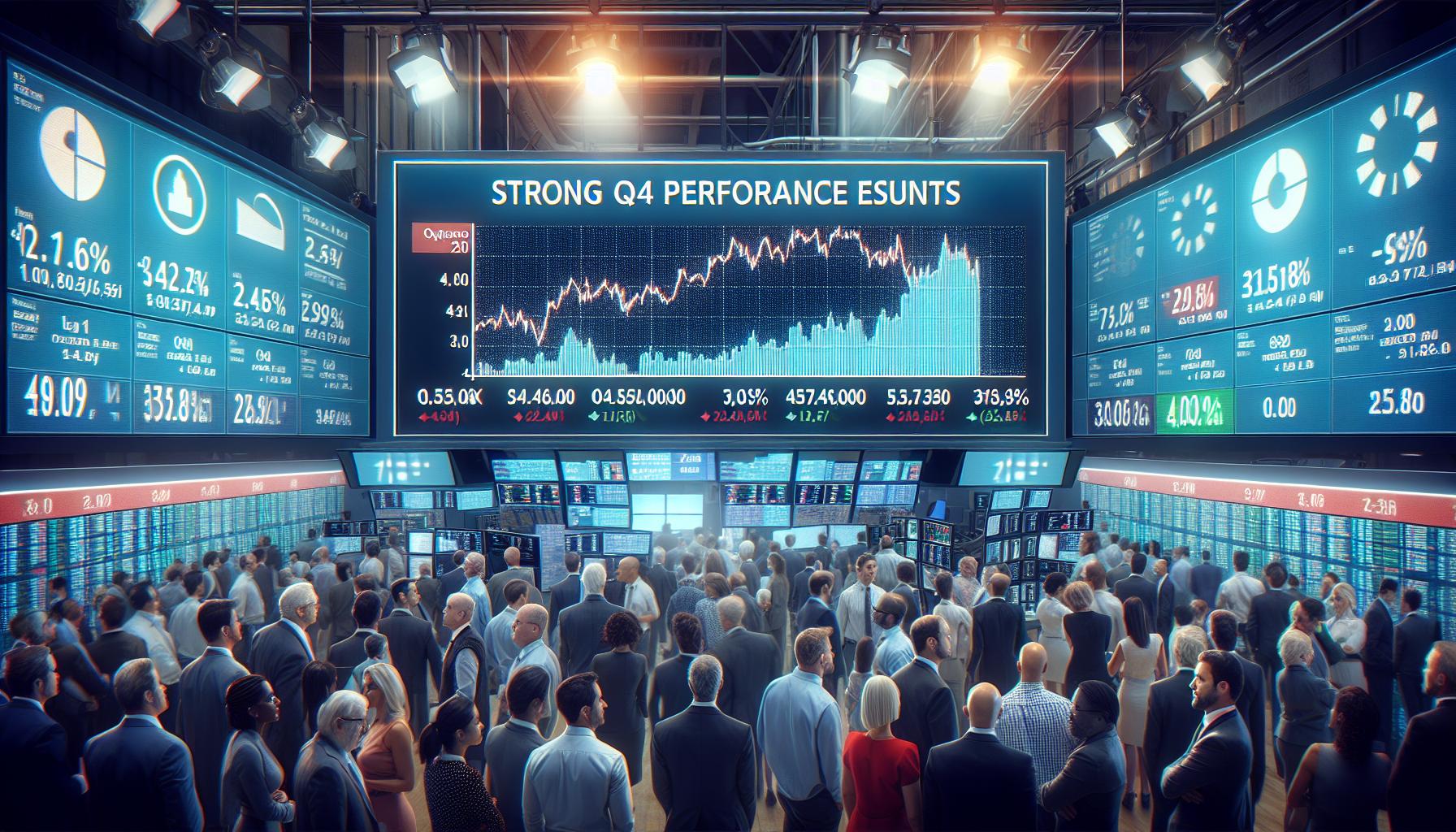OpenAI vs. Google: The Dawn of AI-Powered Search Engines
In a substantial move that could redefine the search engine landscape, OpenAI is rumored to be developing an advanced web search product, potentially challenging the dominance of giants such as Google. Leveraging its groundbreaking AI technology, OpenAI, in collaboration with Microsoft, aims to introduce a conversational, contextual approach to web searching, diverging from the traditional keyword-centric methods.
The Evolution of Search: From Keywords to Context
For years, Google has been the gold-standard in web search, primarily focusing on keywords and links to deliver relevant information to users. However, the landscape is shifting, with OpenAI pioneering an AI-based model that aims to revolutionize how we interact with search engines. By incorporating natural language processing and machine learning, OpenAI’s product is expected to understand and interpret the complexities of human queries in a more nuanced and conversational manner.
Microsoft's Influence and Integration
Microsoft's significant investments in OpenAI underline a shared vision for the future of artificial intelligence in web search and beyond. The partnership has already manifested in integrating OpenAI’s models into Microsoft products such as Bing web search and Copilot. This collaboration highlights a strategic move to harness AI technologies for enhancing search functionalities, potentially offering a richer, more intuitive search experience that could rival Google's platform.
Market Implications and User Adaptation
Despite the promising advances, the success of an AI-driven search engine depends on its adoption by the wider internet populace. Historically, efforts to dethrone Google, such as Microsoft’s previous attempts with enhanced AI search experiences, have struggled to make a significant impact on market share. The challenge lies not only in the technological innovation but also in shifting user habits entrenched in established platforms like Google Search.
Nevertheless, the initiative by OpenAI signals a significant milestone in the evolution of search engines. As AI continues to mature, the traditional paradigms of web searching are poised for transformation, offering a glimpse into a future where search engines understand and interact with users in profoundly new ways.
In Conclusion
The rumors surrounding OpenAI’s development of a new search product underscore a pivotal moment in the trajectory of web search technology. With the backing of Microsoft and leveraging the formidable capabilities of AI like ChatGPT, OpenAI is set to challenge the status quo, potentially ushering in an era where search engines are more conversational, contextual, and aligned with the complexities of human inquiry. The implications for Google, and for the internet at large, could be profound, marking the beginning of a new chapter in how we seek and consume information online.
Analyst comment
Positive news: OpenAI is developing an AI-powered search engine in collaboration with Microsoft, aiming to introduce a conversational and contextual approach. This could challenge Google’s dominance and offer a richer and more intuitive search experience.
Market prediction: The success of an AI-driven search engine depends on user adoption, and historically, attempts to rival Google have struggled. While OpenAI’s initiative marks a significant milestone, it remains to be seen if it can truly disrupt the market and shift user habits entrenched in established platforms like Google Search.













